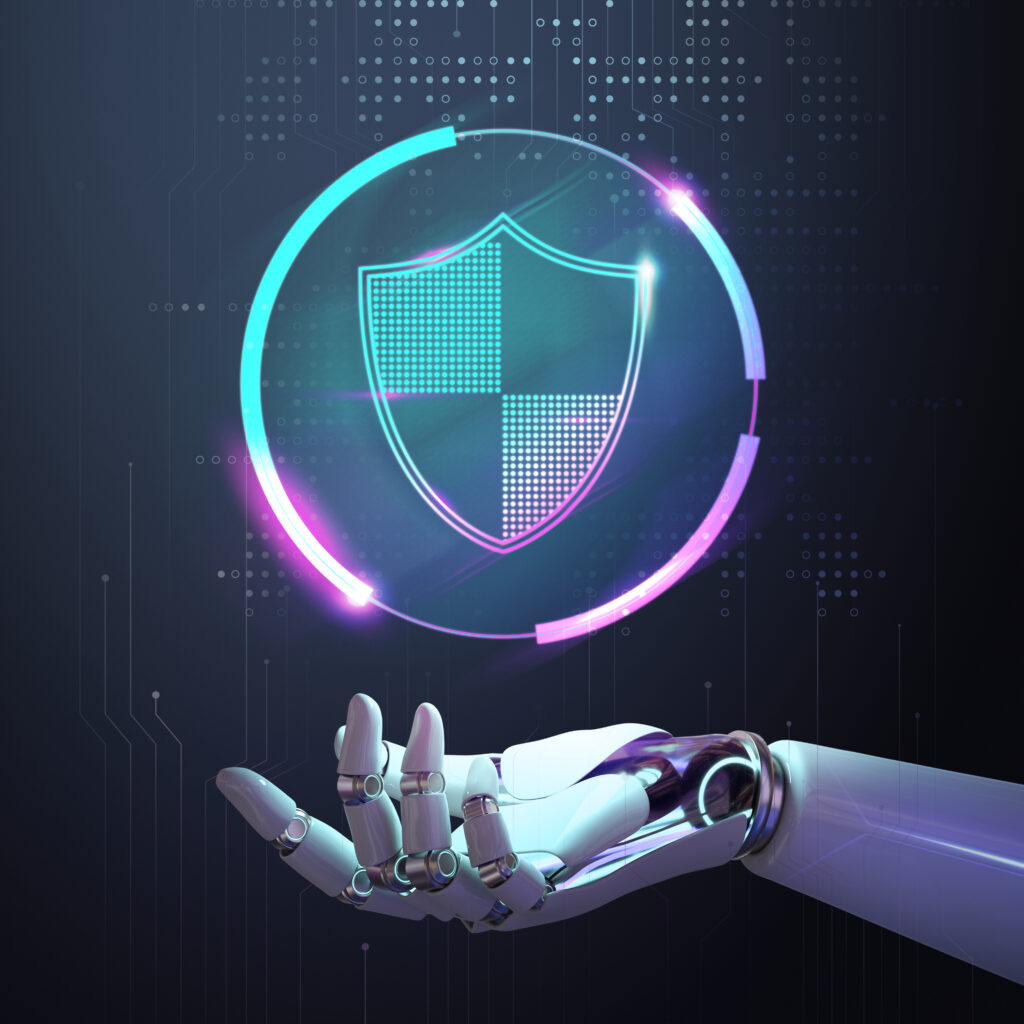Quantum computing is no longer a sci-fi fantasy—it’s a rapidly advancing field poised to reshape technology as we know it. Unlike traditional computers that process data with bits (0s or 1s), quantum computers use qubits, which leverage quantum mechanics to perform complex calculations at unprecedented speeds. In 2025, breakthroughs like improved qubit stability and cloud-based quantum services are bringing this technology closer to practical use. But what does this mean for the average consumer? Will quantum computing change your daily life, or is it just a buzzword for tech giants? This article explores the rise of quantum computing, its potential impact on everyday life, and what you can expect in the coming years..
Quantum Computing in 2025: The Latest Developments
The quantum landscape is buzzing with activity. At CES 2025, IBM showcased a 500-qubit processor, a leap toward more stable and scalable quantum systems. Meanwhile, startups like QuEra and PsiQuantum are attracting billions in investments, with projections estimating a $50 billion quantum market by 2035. Cloud platforms, such as Amazon’s AWS Braket and Google’s Quantum AI, are making quantum computing accessible to developers, enabling experiments in finance, healthcare, and logistics. These advancements signal that quantum computing is moving out of labs and into real-world applications, but the effects for consumers will be subtle yet significant.
Unlike smartphones, which transformed daily life overnight, quantum computing’s impact will be gradual and indirect. As one tech influencer noted on X in late 2024, quantum computers won’t power your laptop but will drive innovations like “smarter AI” and “super-secure communications” behind the scenes. For GadgetShaker readers, understanding these changes is key to staying ahead in the tech world.
“Smarter Gadgets Through Quantum-Enhanced AI”.
One of the most tangible ways quantum computing will reach consumers is through artificial intelligence (AI). Quantum computers excel at processing vast datasets, making them ideal for training advanced AI models. By 2025, companies are integrating quantum algorithms into machine learning, promising smarter and more efficient AI systems.
For the average consumer, this means:
- Personalized Tech: Your smartphone or smartwatch could use quantum-enhanced AI to offer hyper-tailored recommendations, like workout plans based on your health data or shopping suggestions that predict your needs with eerie accuracy.
- Voice Assistants: Assistants like Siri or Alexa may become more intuitive, understanding complex queries and responding with nuanced answers, thanks to quantum-optimized language models.
- Battery Efficiency: Quantum computing could optimize power management in gadgets, extending battery life for devices like earbuds or laptops.
While these improvements won’t scream “quantum-powered,” they’ll make your gadgets feel smarter and more responsive, enhancing your daily tech experience.
Faster Drug Discovery for Better Healthcare
Quantum computing’s ability to simulate molecular interactions is revolutionizing healthcare, with direct benefits for consumers. Traditional computers struggle to model complex molecules, slowing drug development. Quantum systems, however, can analyze these interactions in minutes, accelerating the creation of new medications.
In 2025, pharmaceutical companies are leveraging quantum computing to tackle diseases like cancer and Alzheimer’s. For example, a recent partnership between IBM and Moderna is exploring quantum-driven mRNA research, potentially leading to faster vaccine development. For you, this translates to:
- Quicker Access to Treatments: New drugs could reach pharmacies faster, improving outcomes for chronic conditions.
- Personalized Medicine: Quantum simulations may enable tailored treatments based on your genetic profile, available through your doctor or telehealth app.
- Lower Costs: Streamlined drug discovery could reduce R&D expenses, potentially lowering prescription prices over time.
While you won’t see “quantum” on your pill bottle, these advancements will quietly improve your healthcare options.

Enhanced Cybersecurity: Protecting Your Data
Quantum computing is a double-edged sword for cybersecurity. On one hand, it threatens current encryption methods. Algorithms like RSA, which secure online banking and passwords, could be cracked by quantum computers using Shor’s algorithm, though experts estimate this won’t happen until the 2030s. On the other hand, quantum technology offers solutions like Quantum Key Distribution (QKD), which creates unhackable communication channels.
For consumers in 2025:
- Safer Online Transactions: Banks are adopting post-quantum cryptography to protect your payments, ensuring your mobile apps remain secure.
- Privacy Upgrades: Social media platforms and messaging apps may use QKD to safeguard your chats and photos from future quantum attacks.
- Seamless Security: You won’t notice these changes directly—your apps will simply stay secure as quantum-resistant standards roll out.
GadgetShaker recommends updating your devices regularly to benefit from these security patches, keeping your data safe as quantum tech evolves.
Revolutionizing Transportation and Weather Apps
Quantum computing’s ability to optimize complex systems will impact transportation and weather forecasting, indirectly affecting your daily life. In 2025, companies are experimenting with quantum algorithms to streamline logistics and predict weather with greater accuracy.
- Transportation: Quantum optimization could improve traffic flow in smart cities, reducing your commute time. For example, quantum-powered AI might adjust traffic signals in real time, shaving minutes off your drive. Electric vehicle batteries could also become more efficient, making EVs cheaper and longer-lasting.
- Weather Apps: Quantum computers can model climate patterns faster than classical systems, leading to more reliable weather apps. A 2025 pilot by a European startup is using quantum tech to predict storms with 90% accuracy, giving you more time to plan outdoor activities or prepare for severe weather.
These changes will make your navigation and weather apps more dependable, even if the quantum tech behind them remains invisible.
Ethical and Practical Challenges
Quantum computing isn’t without hurdles. Its rise raises concerns that could affect consumers:
- Privacy Risks: If quantum computers break encryption before post-quantum solutions are widespread, hackers could exploit stored data, though this is a future risk.
- Accessibility: High costs (e.g., a $15 million price tag for advanced systems) mean quantum tech is out of reach for individuals, potentially widening the digital divide.
- Job Shifts: Quantum advancements may automate some roles, requiring new skills in fields like quantum software development.
GadgetShaker is committed to transparent reporting on these issues, ensuring you stay informed about tech’s broader implications.
What to Expect by 2030
Looking ahead, quantum computing’s consumer impact will grow:
- Quantum Cloud Services: By 2030, you might access quantum computing via apps for tasks like financial planning or home energy optimization, similar to how you use cloud storage today.
- Affordable Gadgets: As quantum tech matures, its benefits (e.g., optimized AI) will trickle down to budget-friendly devices.
- Global Standards: Governments are investing heavily (e.g., $3.1 billion from the U.S., EU, and Canada in 2024), ensuring quantum innovations reach consumers safely and equitably.
For now, quantum computing will work behind the scenes, powering the services and devices you rely on daily.
How GadgetShaker Keeps You Informed
At GadgetShaker, we’re tracking quantum computing’s evolution to bring you the latest insights. Our team combines expert analysis with real-world testing to explain how tech trends affect you. Stay tuned for articles like “Top Quantum-Powered Gadgets to Watch” or “How to Secure Your Data in the Quantum Era.” Have questions about quantum tech? Reach out via our Contact Us page or comment below!

